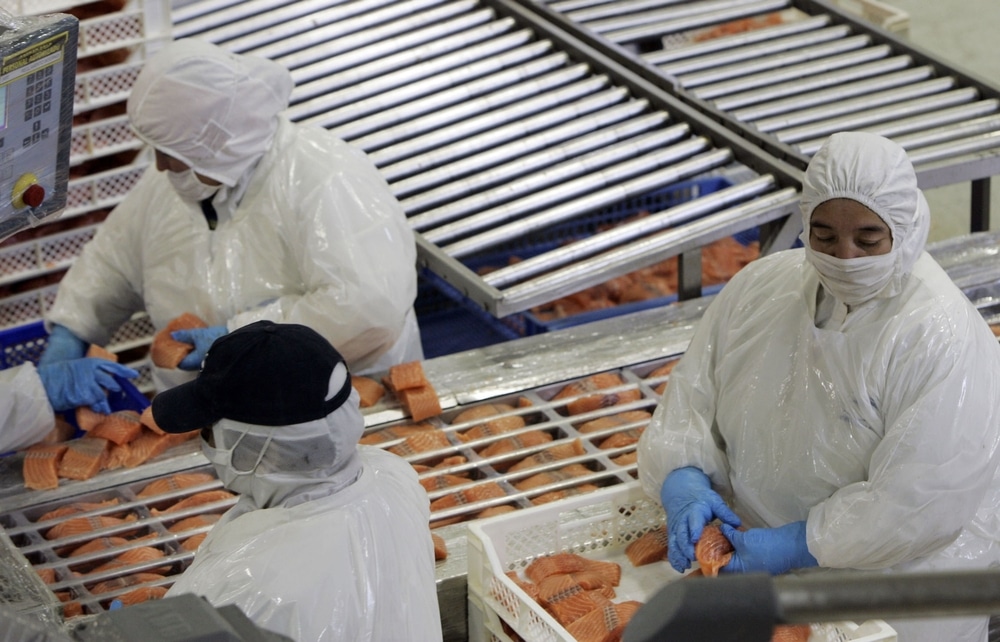Avian flu is spreading rapidly among cattle, but public health and infectious disease experts are concerned the United States is too limited in its testing, leaving an incomplete picture of the virus’s spread.
Health officials say the threat to the general public is currently low, and the country’s milk supply is safe. Just one person has been infected.
“We must be well-positioned to test, treat, prevent this virus from spreading. I think that’s clear in everything we’re saying,” Health and Human Services Secretary Xavier Becerra told reporters recently.
But the outbreak is widespread; officials have found the virus in 42 herds across nine states. Dairy farm workers are at risk every time they are exposed to potentially infected cattle, and viral mutations could cause an outbreak, experts warn.
Cases are potentially being missed, either in people, cattle or both. In past avian flu outbreaks in other parts of the world, the virus typically kills about half the people it infects.
But even if this strain doesn’t pose a significant risk to the public, many experts see the response as the biggest test of pandemic preparedness since COVID-19.
“There are opportunities that have been missed that we could have applied from the COVID experience. I think there’s still time. We’re not in trouble yet,” said Erin Sorrell, a senior scholar at the Johns Hopkins Center for Health Security.
Bird flu was first detected in dairy cows in March, though data from viral samples showed it had been circulating in cattle for at least four months prior. That concerns some experts, who said there could have been widespread human exposure and asymptomatic spread among dairy workers.
The Centers for Disease Control and Prevention (CDC) monitors at least 260 people for symptoms and has tested at least 30 for novel influenza A, the broad category of flu that includes H5N1. Only one positive case has been identified, a farmworker in Texas who has since recovered.
Farmers have been reluctant to allow federal health officials onto their land to test potentially infected cattle amid uncertainty about how their businesses would be impacted.
Farmworkers have also been reluctant to participate in screening, and experts said it’s likely due to a mix of fears over job loss, immigration status, language barriers and general distrust in public health systems.
















